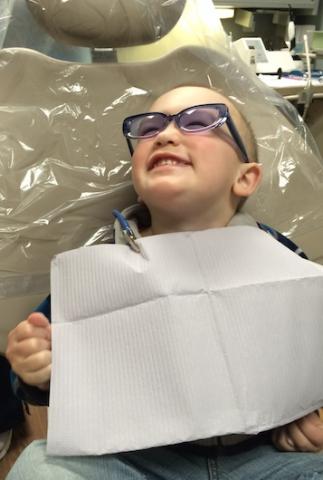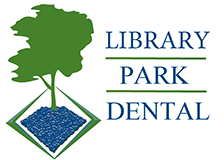Children Need Dental Exams

Children should be brought to the dentist around their first birthday or when they have several teeth on both the upper and lower jaw. The dentist can take a quick look at the baby’s brand new teeth and give parents advice on how to best care for the child’s teeth. After that, children should come to the dentist every six months.
Check for Decay
Even though the primary or “baby” teeth will eventually fall out, it is still important to care for the teeth and take care of problems that may occur before they become big issues. Some people think that because the baby tooth will fall out if there’s not a lot of pain then there’s no need to worry. However, permanent teeth develop under the baby’s teeth. If there is a serious problem with a primary tooth, it can affect the development of the adult tooth. The placement of primary teeth also has a large effect on speech development. So if a tooth is lost due to decay or injury, it can affect a child’s speech.
Keep an Eye on Things
Dr. Chiappetta and Dr. Haugstad are trained to check on situations like missing teeth, crowding, “pacifier mouth” or “tongue-tie”, and can talk with older children about mouthguards and sports. They will keep an eye out for things like fluoride deficiency. Please let your dentist know if you are on well water as opposed to the city water service. Children are taught how to floss and lessons on tooth brushing are taught at age-appropriate levels.
Establish a Relationship
Bringing your child to the dentist every six months helps them establish a relationship with the dentist and the hygienist. They learn where the “treasure” drawer is, where they can pick a prize at the end of an appointment. They begin to notice the Halloween, Christmas, St. Patrick’s Day or 4th of July decorations. It becomes “their” dental office. Going to the dentist becomes a normal, healthy thing to do instead of a place to go when they are already in pain.
And finally, children are taught that good oral habits are important. Oral health affects physical health, and children need to be taught how to be healthy.
Contact us today to schedule your child’s cleaning and exam!
